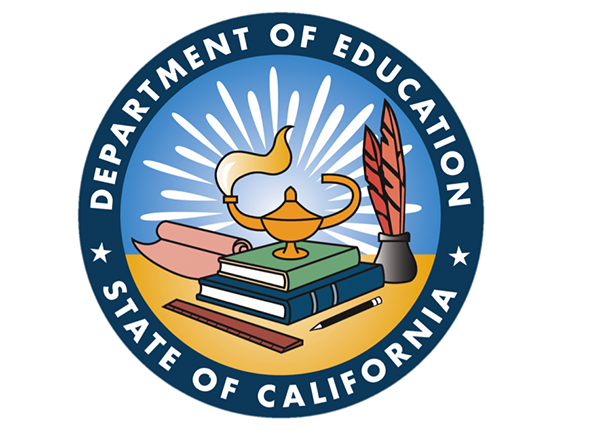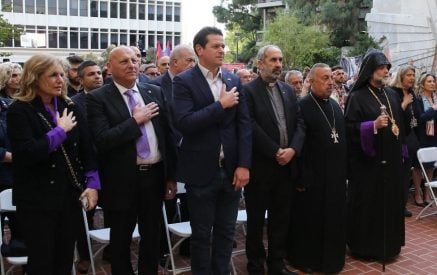SAN FRANCISCO — The California State Board of Education approved on Thursday March 18, the nation’s first statewide ethnic studies curriculum for high schools, saying the teaching of discrimination and oppression has never been more important.
After an eight-hour public meeting Thursday, board members voted unanimously, 11-0, to approve the curriculum it hopes will become a model for other states to follow.
Educators and civil rights leaders who spoke at the meeting mourned last week’s killing of eight people, most of them Asian women, in Georgia, as the latest tragic example of racism but also a poignant reminder that education is an essential strategy to combating hate.
Read also
“We are reminded daily that racism is not only a legacy of the past but a clear and present danger,” said Board of Education President Linda Darling-Hammond, who led President Joe Biden’s education transition team. “We must understand this history if we are finally to end it.”
The nearly 900-page Ethnic Studies Model Curriculum, which has been years in the making, is meant to teach high school students about the struggles and contributions of “historically marginalized peoples which are often untold in U.S. history courses.” It centers on the four groups that are the focus of college-level ethnic studies: African Americans, Chicano/Latinos, Asian Americans and Pacific Islanders and Native Americans.
The curriculum also includes lesson plans on Jews, Arab Americans, Sikh Americans and Armenian Americans who are not traditionally part of an ethnic studies curriculum “but have important stories to tell about oppression and contributions” to California and the country, state Superintendent of Public Instruction Tony Thurmond said. Those groups were added after objecting to an earlier draft that left them out.
California Department of Education officials say this would be the first statewide ethnic studies model curriculum in the nation. Other states have taken different approaches to teaching ethnic studies. Oregon is developing ethnic studies standards for its social studies curriculum, while Connecticut high schools will be required to offer courses in Black and Latino studies by the fall of 2022.
The course materials in California include 33 lesson plans, which schools are not required to use but can pick from to fit their student communities. More than three-quarters of California’s 6.2 million K-12 students are non-white: 55% Latino, 22% white, 12% Asian or Pacific Islander and 5% African American.
One lesson plan suggests discussing an incident of police brutality as part of the Black Lives Matter movement. Another urges students to interview Korean Americans and Black residents who were in Los Angeles during the 1992 riots to study how existing tensions exploded into deadly violence.




























































